My goal is to have a HEALTHCHECK command in my Dockerfile to check if the webserver is working alright by simply making a request to the website and check if it receives a "proper response".
The problem I'm having is that the application has an authentication middleware, which causes the application to return an error (401 Unauthorized), causing CURL to fail and return curl: (7) Failed to connect to host.docker.internal port 8000: Connection refused.
If I remove the authentication middleware it doesn't return anything, which is what I'm aiming for.
The command I'm using is the following (I'm currently just using it inside a container, trying to find a solution):
curl --fail http://host.docker.internal:8000
I know I can tell CURL the username and password but that's something I would rather not do it.
Having a way to tell CURL that Unauthorized (error 401) is fine or to consider a connection refused error (curl: (7)) as the only error would be fine but it would be even better if I could decide what should CURL consider and/or not consider a success. Is there any way to do something like this with one or more CURL options?
